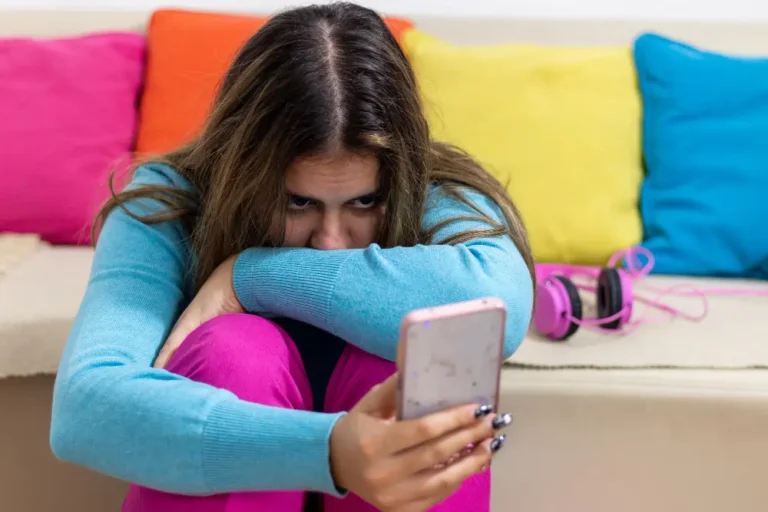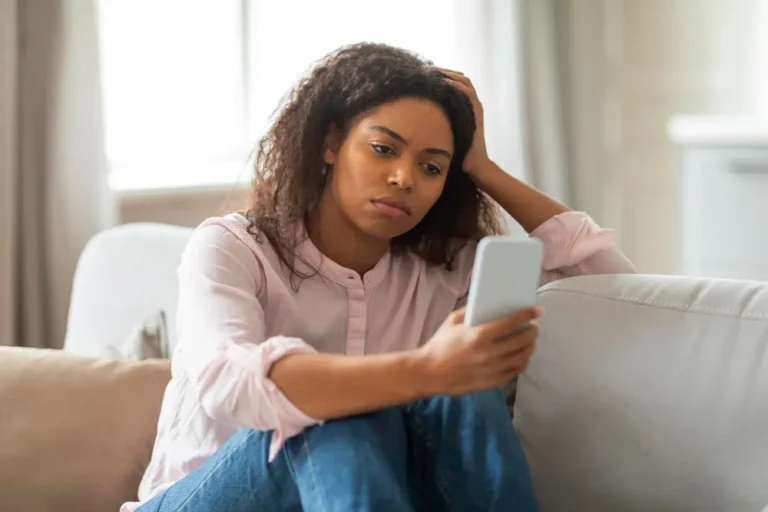Is Social Media Hurting Your Mental Health? Here’s What to Know
Modern Insights from GloFusion in Griffin, GA
Social media is a daily part of life for most of us. It helps us connect, share, and stay informed. But more and more, research is revealing a darker side: social media may be silently taking a toll on our mental health.
At GloFusion, we believe awareness is key. If you’ve ever felt anxious, drained, or even inadequate after scrolling, this post will help you understand why—and what you can do about it.

Page Contents
1. The Connection Between Social Media and Mental Health
Platforms like Instagram, TikTok, and Facebook are designed to keep us engaged—but the constant stream of information, images, and comparisons can intensify stress, anxiety, and low self-worth.
Mental health concerns linked to excessive social media use:
📱 Increased anxiety and depression symptoms
😞 Heightened feelings of loneliness and isolation
📉 Reduced self-esteem, especially in teens and young adults
🧠 Disrupted sleep and concentration
📊 Poor body image and comparison stress (Cleveland Clinic)
Social media itself isn’t inherently bad—but how and why we use it makes a huge difference.
2. Signs That Social Media May Be Affecting You
It’s not always easy to tell when social media is negatively impacting your mental health. Many people develop a habitual relationship with their feed, unaware of how it’s shaping their emotions and thoughts.
Warning signs to watch for:
🔁 Checking your phone constantly, even when it doesn’t bring joy
🚫 Comparing your life to highlight reels of others
😩 Feeling more anxious or depressed after using apps
🕒 Losing time and productivity to mindless scrolling
😤 Experiencing FOMO (fear of missing out)
At GloFusion, we help clients explore how social media use might be influencing their mood, self-image, and relationships.
3. Why Social Media Can Be So Mentally Draining
Social media platforms operate on algorithms designed to grab and hold attention. This often means amplifying emotionally charged content, which can affect how we think and feel throughout the day.
What contributes to digital burnout:
🔔 Constant notifications triggering stress responses
😡 Exposure to divisive or upsetting content
💭 Pressure to present a “perfect” life
🧠 Dopamine-driven habits that are hard to break (Harvard Health)
📵 Lack of downtime or real disconnection
The more emotionally reactive we are online, the more exhausted we feel offline.

4. What You Can Do to Protect Your Mental Health
If social media is taking a toll on your emotional well-being, you’re not powerless. Setting digital boundaries and practicing mindful scrolling can help you use it with more intention and less impact.
Practical tips to manage your relationship with social media:
📱 Set daily screen time limits on your phone
📆 Designate “no scroll” times—especially before bed
💬 Curate your feed to follow uplifting, honest, and inclusive accounts
🧘 Use mindfulness or journaling after using social apps
📴 Consider taking short social media breaks weekly
At GloFusion in Griffin, GA, we work with clients to develop healthy digital habits as part of a holistic mental health plan.
Conclusion: Awareness Is the First Step Toward Balance
Social media can connect and inspire—but it can also drain and distort. The key is being intentional, aware, and kind to yourself. If you’re noticing a shift in your mental health, it’s okay to take a step back.
👉 Need support building healthier habits—online and off? Contact GloFusion today to start your mental wellness journey.

